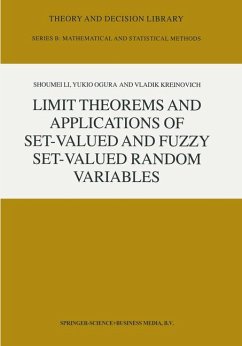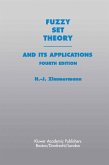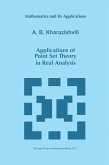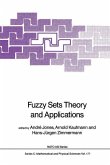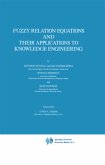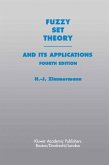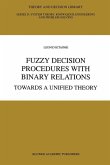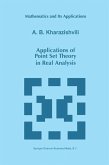After the pioneering works by Robbins {1944, 1945) and Choquet (1955), the notation of a set-valued random variable (called a random closed set in literatures) was systematically introduced by Kendall {1974) and Matheron {1975). It is well known that the theory of set-valued random variables is a natural extension of that of general real-valued random variables or random vectors. However, owing to the topological structure of the space of closed sets and special features of set-theoretic operations ( cf. Beer [27]), set-valued random variables have many special properties. This gives new meanings for the classical probability theory. As a result of the development in this area in the past more than 30 years, the theory of set-valued random variables with many applications has become one of new and active branches in probability theory. In practice also, we are often faced with random experiments whose outcomes are not numbers but are expressed in inexact linguistic terms.
From the reviews: "The book under review is devoted to set-valued and fuzzy set-valued random variables which are generalizations of ordinary random variables ... . the book is a useful reference for mathematicians who are working on set-valued or fuzzy set-valued random variables and related topics. Here one can find in one place results that are scattered throughout the literature. All the theorems are proven and the historical comments give the reader a wider perspective." (Osmo Kaleva, Mathematical Reviews, Issue 2005 b)

